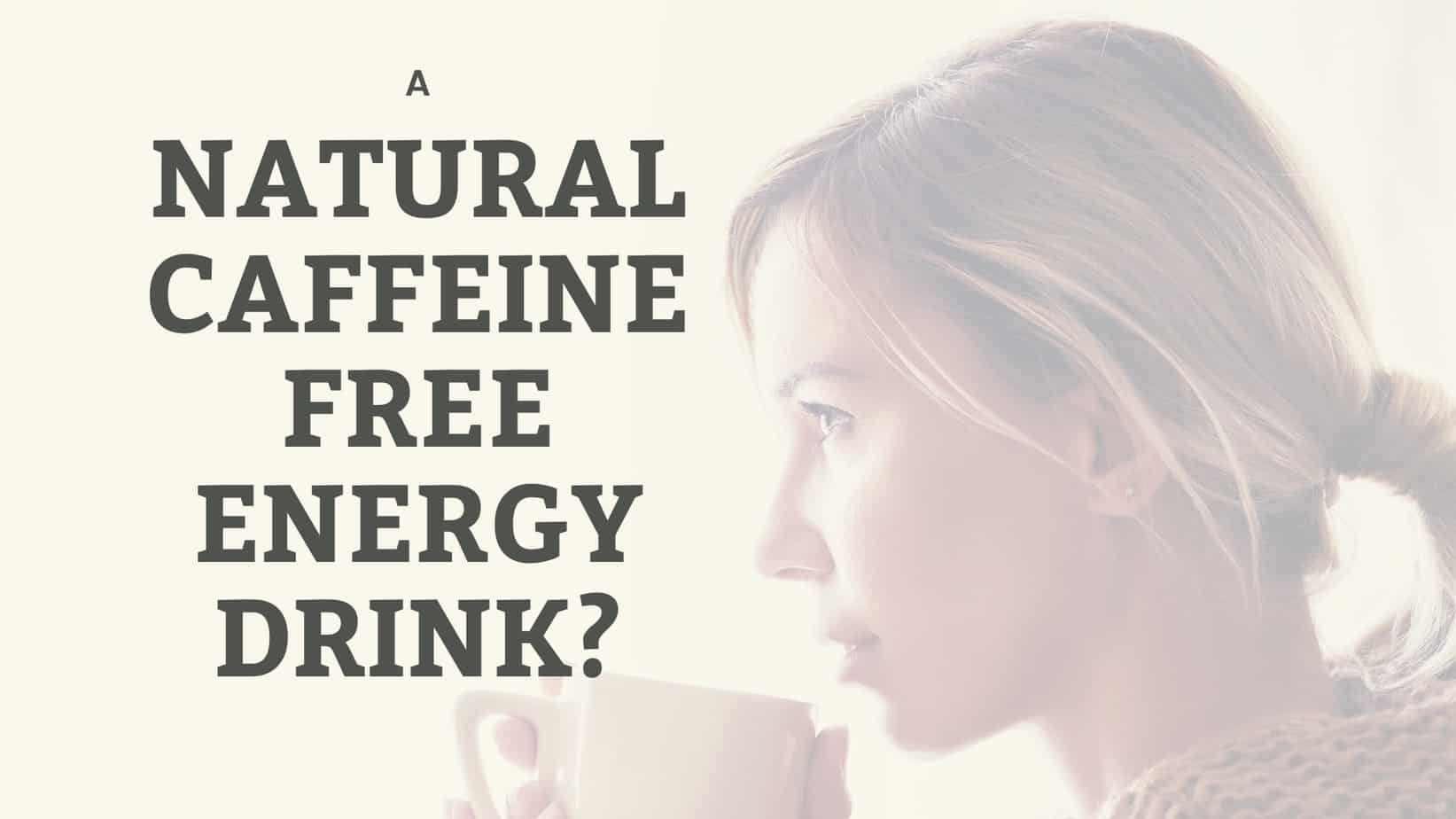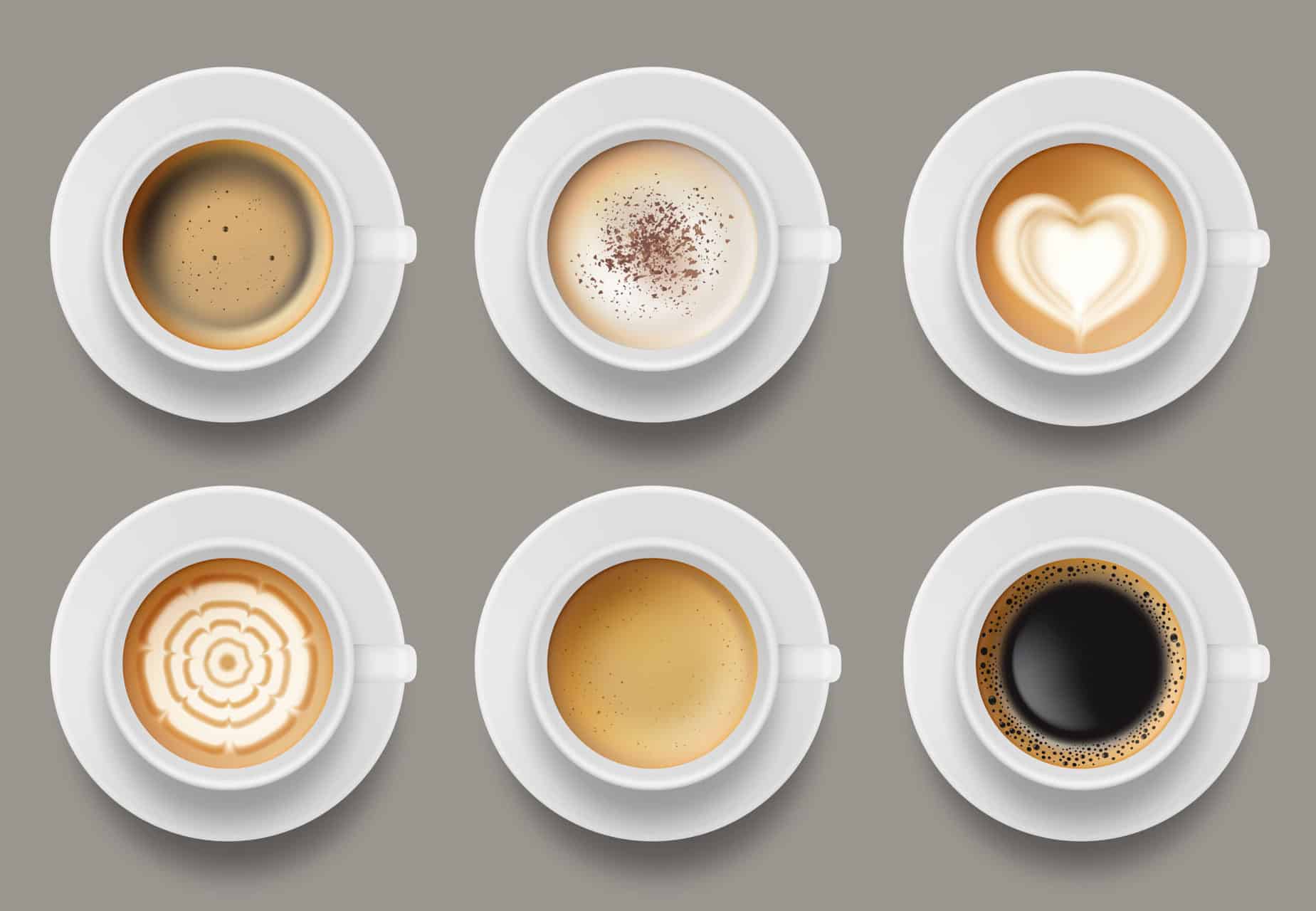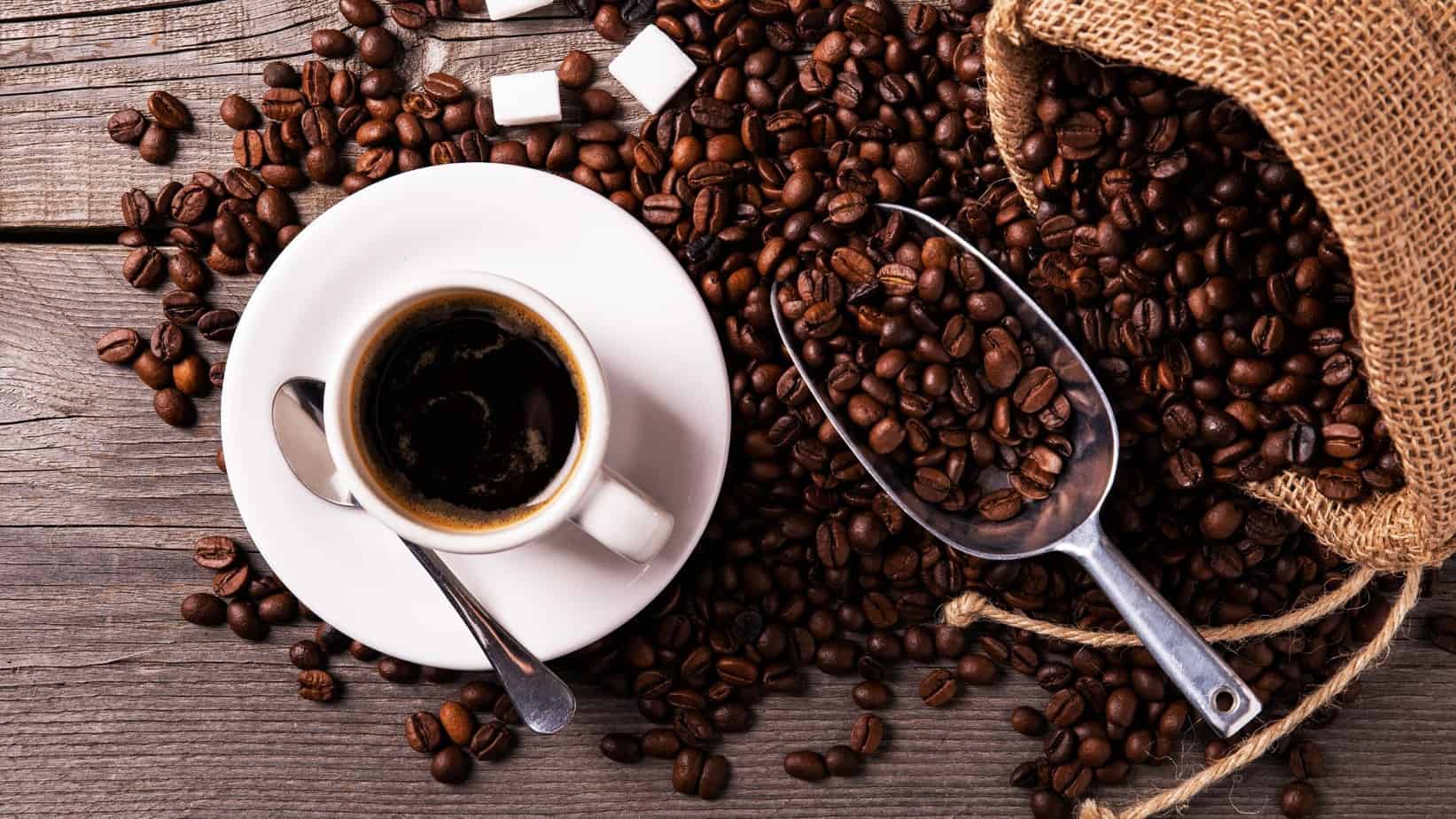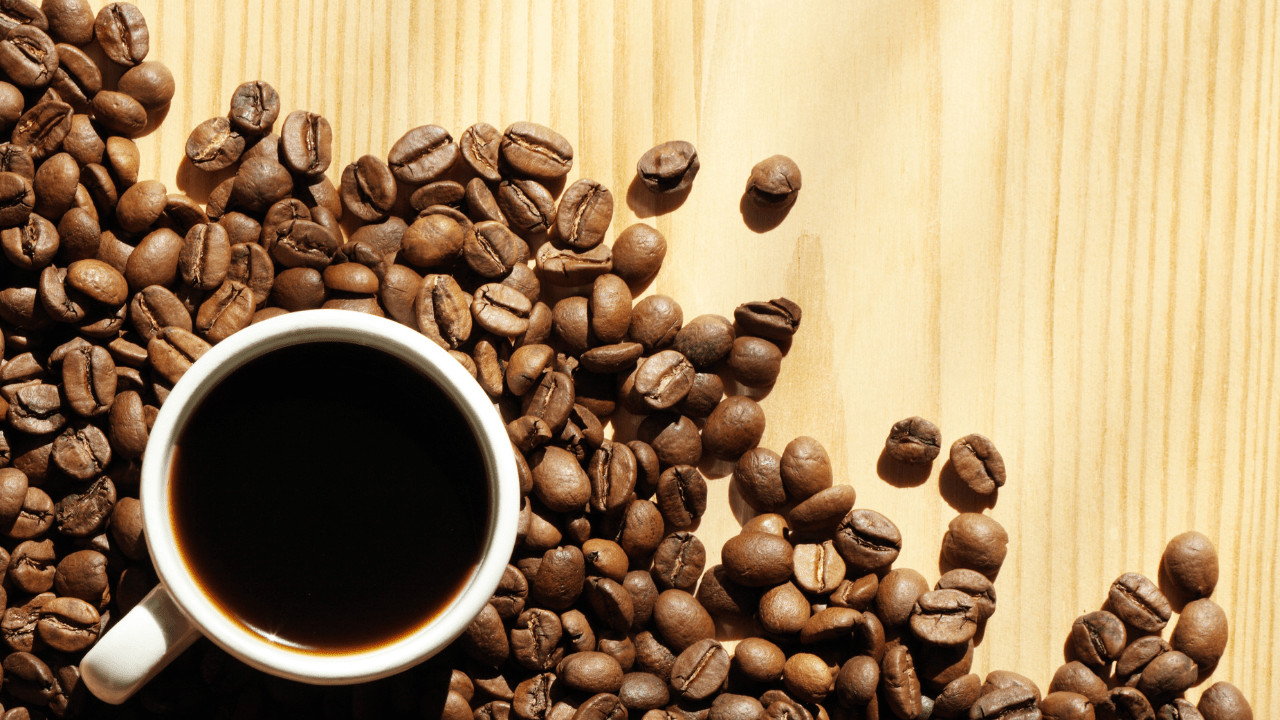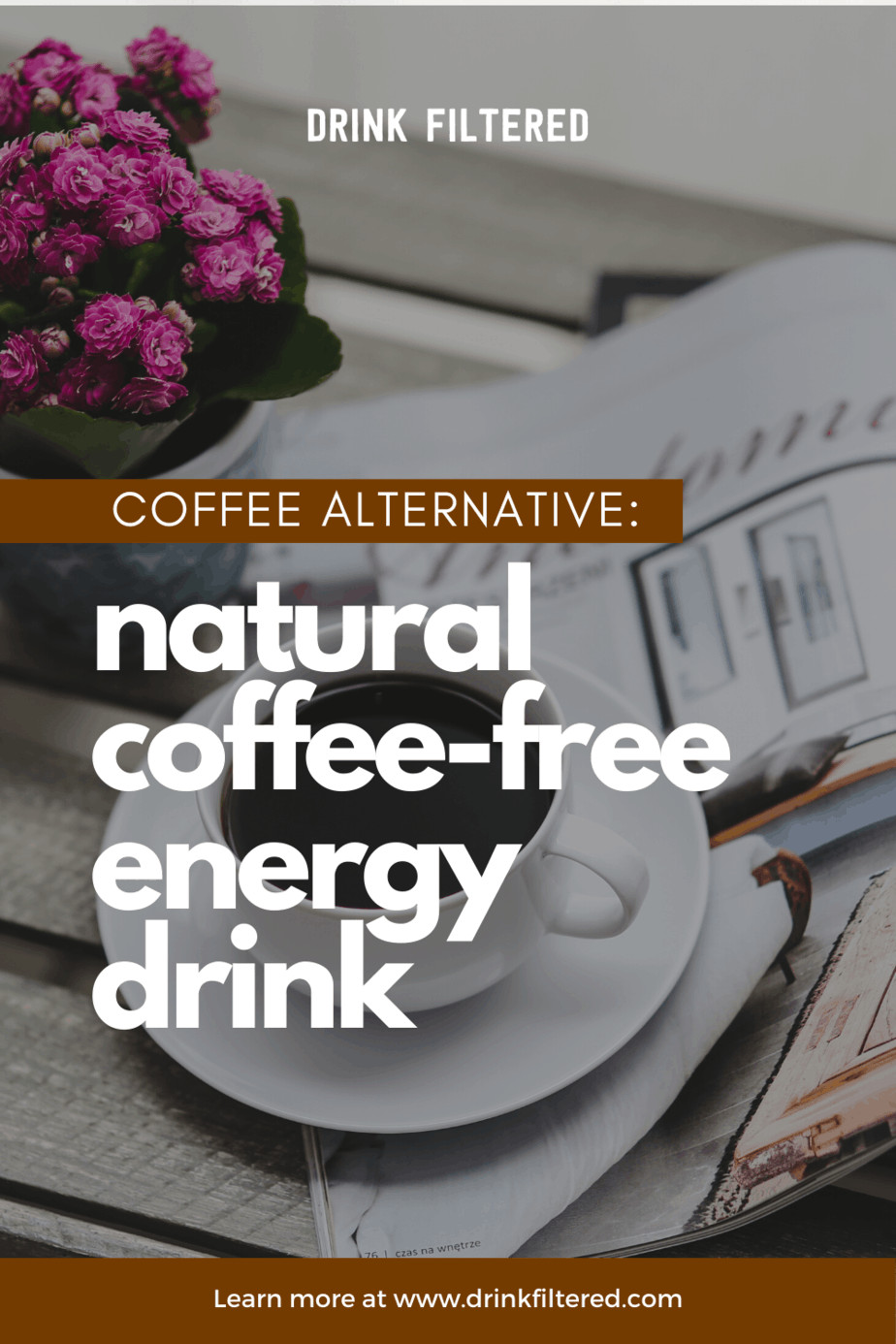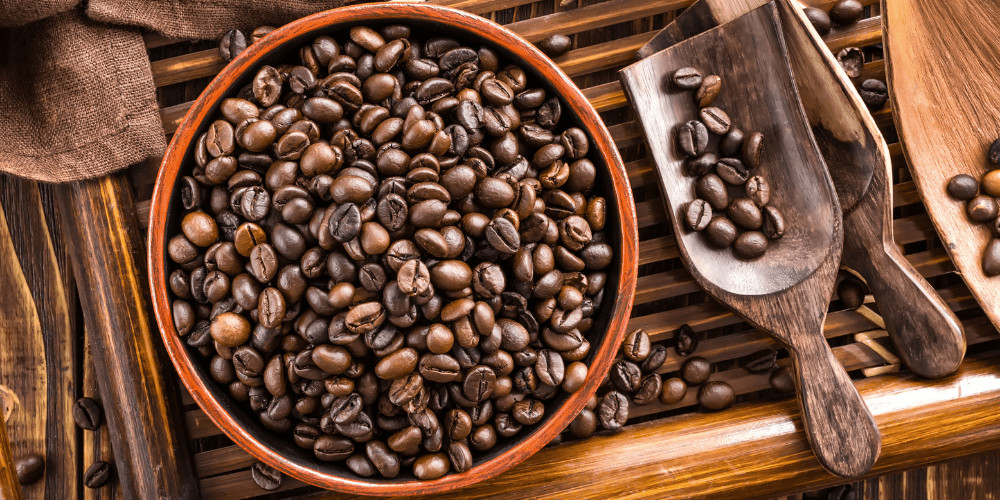
Caffeine is the most popular stimulant in the world. This is so much so, that according to the FDA, up to 80% of Americans consume caffeine every day in the form of tea, coffee, or energy drinks. However, energy drinks are full of sugars, artificial flavors, and often more caffeine than a standard cup of coffee.
By now we all know that too much coffee is no good either, especially if you take yours with lots of cream and sugar! So the million dollar question remains, are there natural energy drinks that can be consumed as coffee alternatives to give that boost of energy that we crave?
Why Caffeine Works
Caffeine is naturally found in coffee, tea, and cocoa. Although caffeine is technically considered a psychoactive drug due to the effect it has on the nervous system, it is still a natural stimulant and found in many things: energy drinks and even some medication.
Caffeine travels quickly from the gut to the liver within minutes of consumption, where it is broken down into compounds that affect most of the body.
It primarily affects the brain increasing alertness and warding off fatigue. This is why most people cannot resist waking themselves up with a cup of coffee every morning.
The secret to how caffeine works to keep up the wakefulness is because it has the potential to block the effects of adenosine.
Adenosine is a hormone that builds up throughout the day so that by the end of it, we’re tired and want to go to bed.
Caffeine keeps us more awake and alert as it inhibits the adenosine. This is why heavy coffee drinkers can find it difficult to sleep at night; they may not have an adequate level of adenosine.
But, the truth of the matter is that the only things that can truly eliminate fatigue and replenish energy are food and sleep. Caffeine simply offers a temporary solution by helping us ignore normal bodily signs of being tired.
Adenosine isn’t the only hormone affected by caffeine, as dopamine and norepinephrine are also stimulated by caffeine. Norepinephrine is a neurotransmitter and a hormone that is released by the brain when we feel stressed. As it affects the brain’s ability to react and respond to acute events, it can increase the heart rate, brain activity, and adrenaline levels.
Dopamine also a neurotransmitter plays a variety of important roles within our bodies. Dopamine is involved in motor control, motivation, and arousal.
Caffeine’s impact on both norepinephrine and dopamine contributes to the feelings of alertness and focus that result from caffeine consumption.
Why Limit Caffeine?
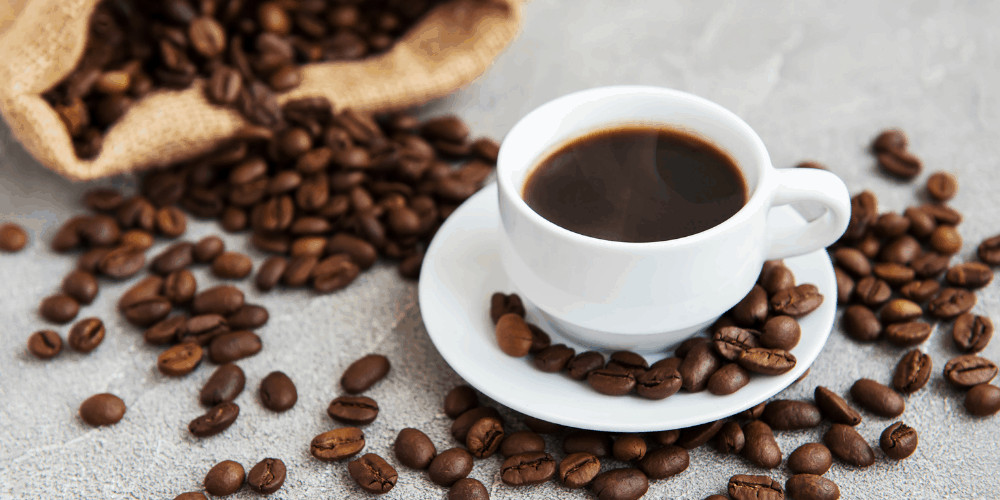
Some people require closer monitoring of their caffeine intake than others.
Caffeine can inhibit the absorption of calcium in our bones. As older individuals, especially post-menopausal women, are at highest risk of suffering from osteoporosis, they should limit their caffeine intake so as not to exacerbate potential bone issues. Vegans who likely are not consuming sufficient calcium should also limit their caffeine consumption.
Although everyone has a different caffeine tolerance (based on sex, age, weight, etc), generally speaking, around 400 milligrams (mg) of caffeine is safe for most adults per day. This is approximately the amount of caffeine in four brewed cups of coffee. However, it is important to note that not everyone can tolerate this amount of caffeine.
People with very low caffeine tolerance can experience headaches, anxiety, and insomnia. Caffeine can raise adrenaline levels, which is why some people feel anxious when consuming it in significant amounts. For some, the increased adrenaline results in feeling more energized; however, if you are prone to anxiety this increase will make you feel more anxious.
Caffeine also acts as a diuretic which means that you need to pee more; as a result, it can cause dehydration, so caffeinated drinks are not ideal if you are prone to being thirsty.
Naturally Energizing Drinks That Are Free From Caffeine
Some caffeine drinks claim to be a natural alternative to coffee or energy drinks but do they really work? Here’s a rundown of the most popular caffeine-free energy drinks:
Coconut Water
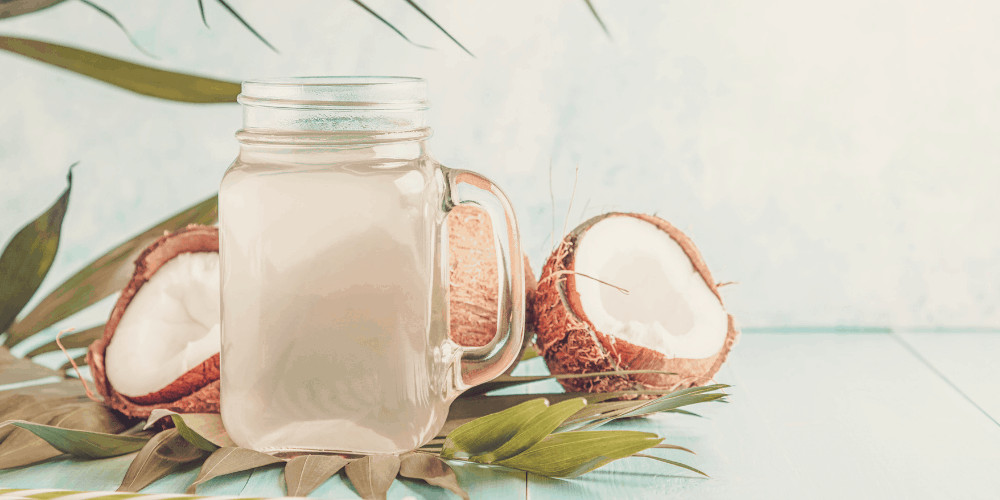
Coconut water is quite simply the water from inside the coconut. It is not to be confused with the thick coconut cream you might find in curries or piña colada, which is made from coconut water and coconut “meat”.
Coconut water is the water from young green coconuts in its purest form. It became popular around the same time coconut oil was hyped up as the best thing ever.
Coconut water, unlike caffeinated drinks, is hydrating, making it a better choice if you are active or have a heightened sense of thirst. When compared to energy drinks, not only does it have no caffeine, but it also has no added sugar, less sodium, and more potassium than energy drinks. It has easily-digested carbohydrates that present themselves as natural sugar and electrolytes.
Rich in potassium, containing even more than bananas, it is a great way to naturally boost your energy level. Potassium is a mineral in that is common to be deficient in, but too little of it in your diet can cause fatigue and weakness as it helps with regular muscle contractions in all of our major muscle groups.Unlike caffeine, which is a band-aid solution to fatigue, coconut water’s high potassium content can help improve energy levels in the naturally and, thus, longer-term.
Coconut water is rich in electrolytes which carry the energy that we need to function, and regulate bodily functions that require energy such as nerve impulses and muscle movement. The body relies on for optimal performance.
Pure natural coconut water doesn’t cause the “crash” which caffeine is known to cause; this is because it is low in sugar and, as a result, has minimal effect on the blood sugar. It is important to read the ingredients of any coconut water you buy, because there are many manufacturers that do add sugar and other flavoring agents.
Kvass
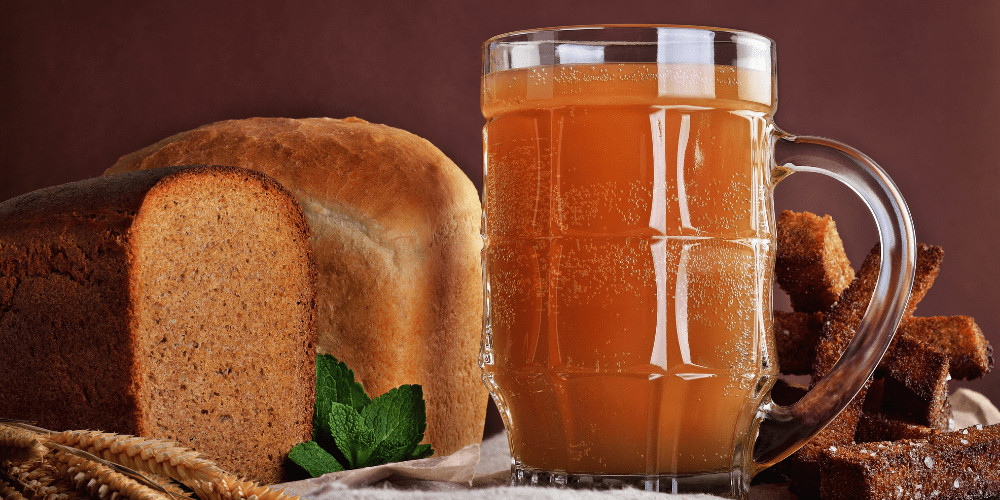
Kvass is a fermented drink made from fermented rye bread. It originates from Slavic and Baltic countries. It may also remind you of kombucha; however, kombucha contains caffeine as it is made from black and sometimes green tea.
Although it sounds like beer, Kvass has little to no alcohol content, usually staying well below 1%. It often contains barley and wheat as well. Beet kvass is a common variation of the drink, but it can also be infused with mint and fruit.
The fiber and carbohydrate content of the bread means that there is a slow stable release of energy, but it is still nothing compared to drinking a caffeinated drink.
Kvass is better viewed as a caffeine-free alternative to kombucha, but if you’re looking for a natural energy drink, it’s likely not the one for you.
Barley And Chicory Coffee
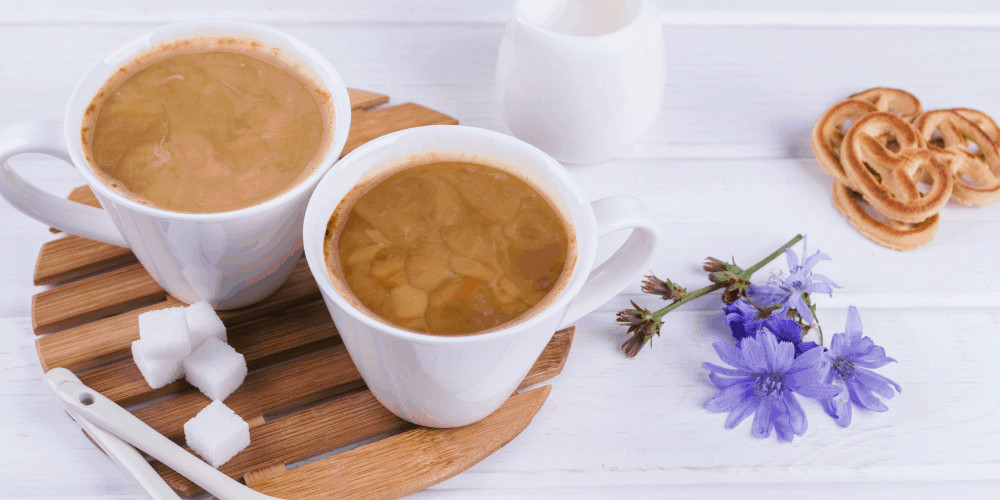
Barley coffee is a bit of a misleading name, as it doesn’t actually contain any coffee. Barley coffee is often branded as a natural alternative to coffee. In this drink, the carbohydrates in barley are slowly broken down and release a gradual level of energy.
In fact, barley coffee is generally branded for people who like to drink coffee for its flavor but don’t care for the energy boost from the inherent caffeine. Chicory coffee is the similar, but is made from chicory roots instead. Both of these coffee alternatives provide a minimal boost of energy.
Some say they taste like coffee except without the bitterness and caffeine we are used to. But to me, that is majorly what makes coffee. However, if you choose to give this a try, you can drink alone or make a mix of half coffee and half chicory or barley coffee to reduce the caffeine amount with minimal change to the taste.
The Bottom Line
So have we found nature’s coffee free energy drink that gives the same zing as coffee?
Unfortunately the answer to that is No. None of these will give you the energy boost that comes with drinking caffeine. This is because these natural caffeine-free energy drinks all have a low glycemic index, which means they slowly but steadily release energy over a longer period of time. Slow and steady is most likely not going to give you that ‘zing’ that is common when we introduce caffeine into the body.
However, i will argue these are better for you as there isn’t a crash after drinking these as you might experience with caffeine. They are also relatively low in sugar, so you won’t experience a sugar crash afterward, which will happen if you simply replace caffeinated drinks with sugary drinks.
Although caffeine can stay in our systems for up to 6 hours, it peaks within the first hour of consumption. For long-lasting energy to get you through the day, you will be best served with a more gradual energy release offered by barley coffee. But don’t be fooled its coffee-like appearance, it is not the same as drinking an espresso shot first thing in the morning.
I personally have no tolerance for caffeine. With even one cup of coffee a day, I experience irregular heartbeats, headaches, anxiety, breast pain, and even dental pain.
I stick to decaf and herbal teas, many of which are caffeine-free, like peppermint. I would crown coconut water as nature’s best energizing drink, as I find when I take it to the gym instead of regular water, I get a much better workout. As you can see, there’s no shortage of caffeine-free coffee substitutes!
Best of luck in your search to find your favorite!

